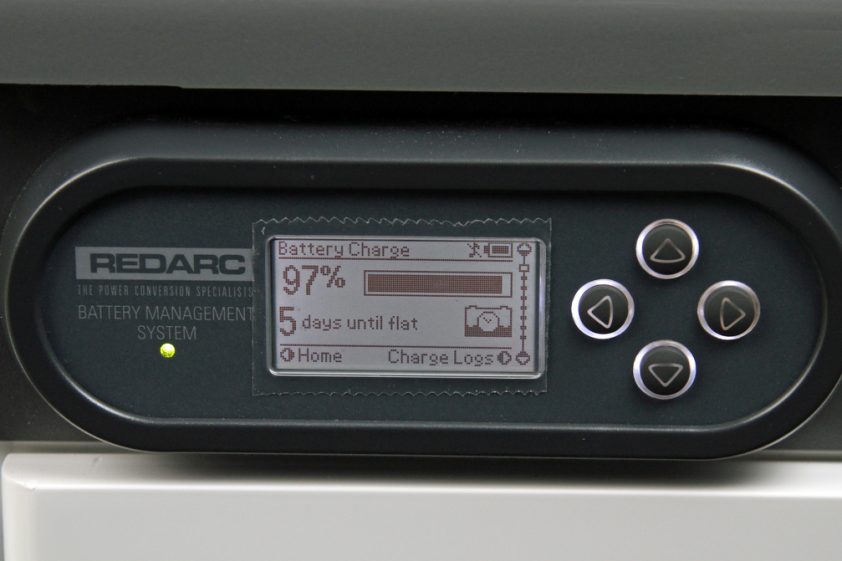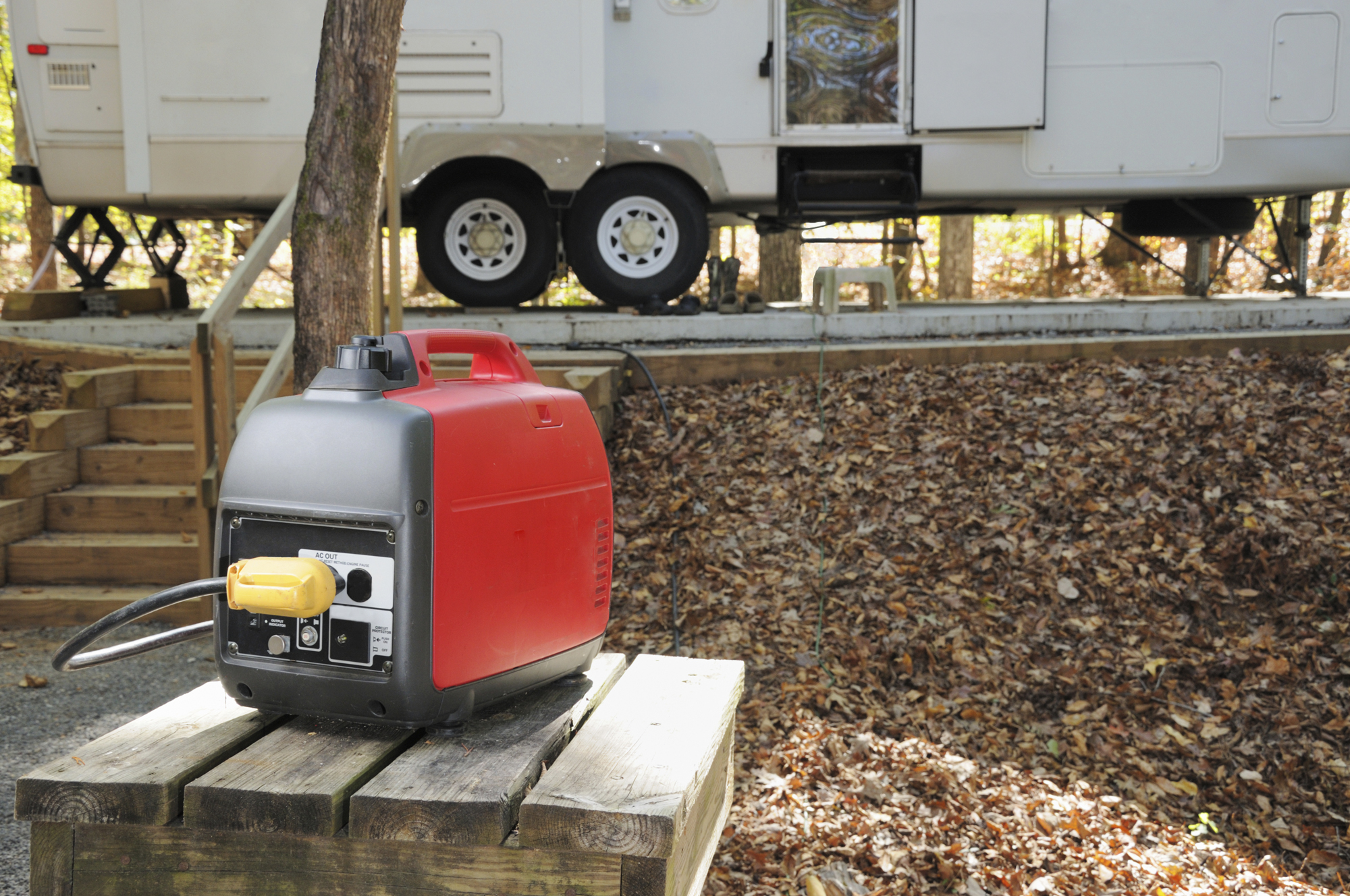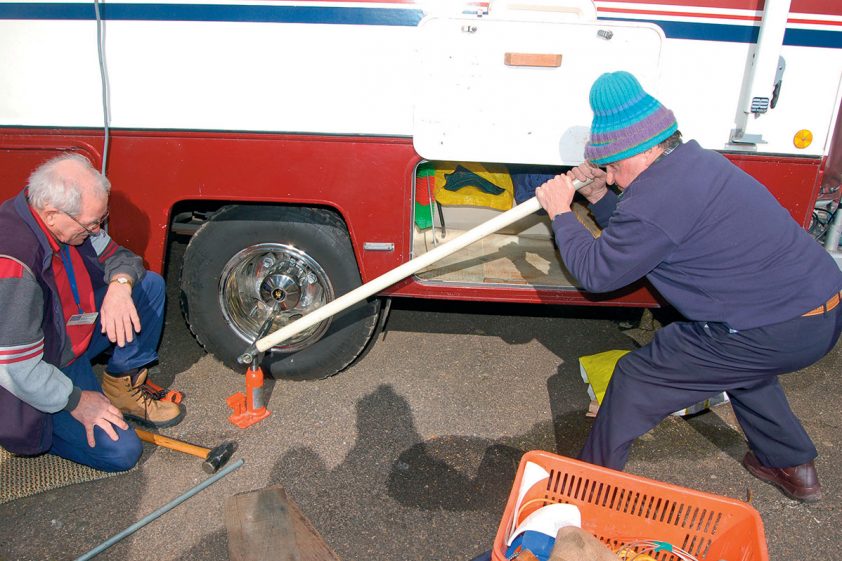No matter what RV you choose to head away with, we all want our trips to be as relaxed and hassle-free as possible and power plays a massive part in a happy holiday.
We need to be confident that our beer is cold, our dinners stay fresh in the fridge and that our array of devices on-charge are getting the power they need now, and throughout the trip.
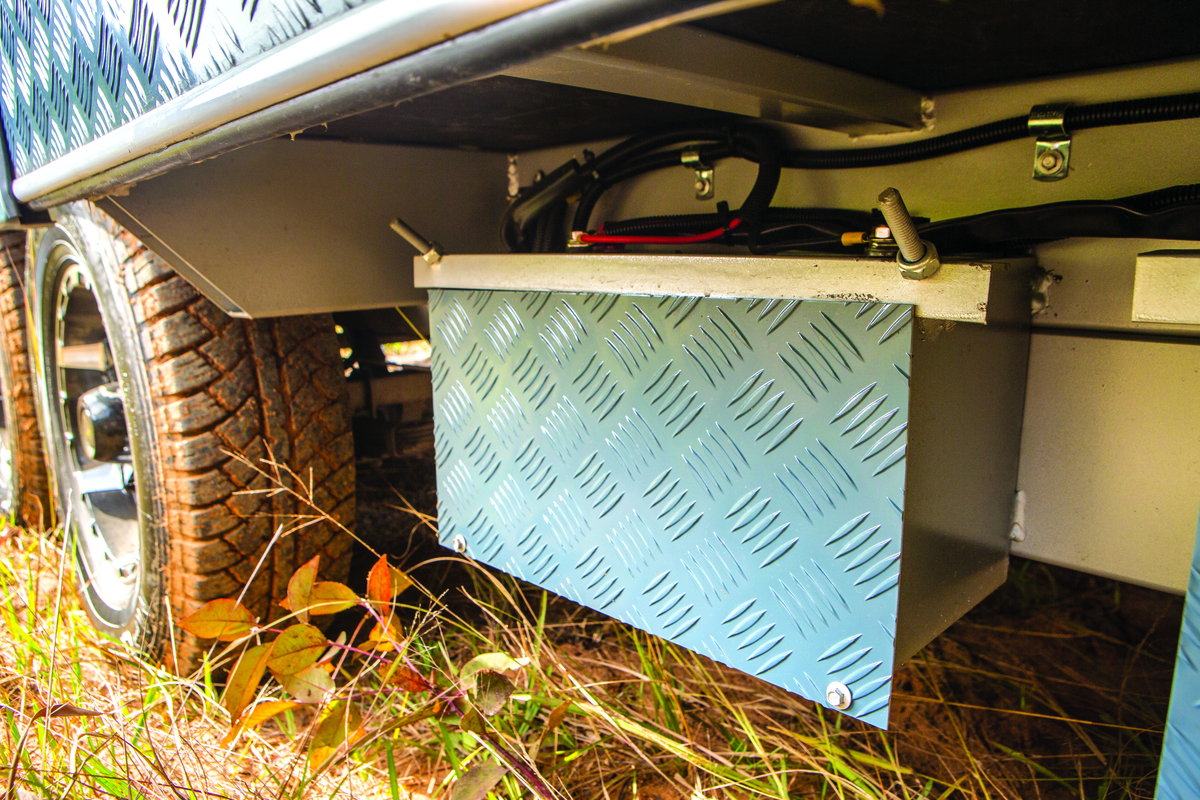
Many travellers find RV electrical systems complicated and reasonably so. Have a look inside an older RV and, chances are, you’ll be met with a spiders-nest of wires and electrical control devices screwed into a piece of MDF all connected to the house battery. It can be a daunting idea to get your head around.
Here are some basics to refresh your knowledge of power consumption, understanding what you need and why it matters.
WHAT TYPE OF TRAVELLER ARE YOU?
Firstly, to know what you need, you have to understand what you want from your power system. You must know what sort of traveller you are.
Key things to consider are:
- How long you plan to stay in your RV
- The places you plan to stay at
- The types of appliances you use
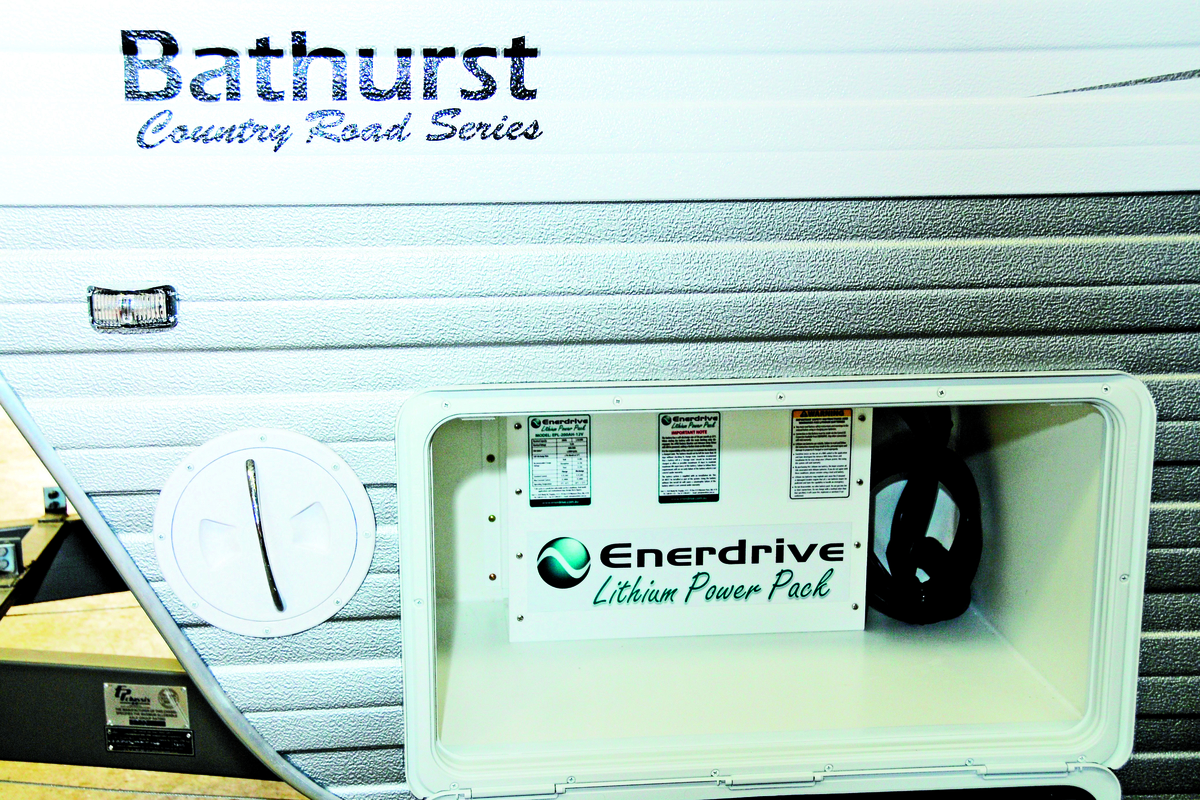
If you are a weekend warrior, you may need very little power storage and if you never go off-grid, the same applies but if you plan to run AC in the bush for days on end, you’ll need a lot.
Think about the places you stay. Can you connect to a power source at the holiday park? Or will you be driving every day giving your car a chance to recharge the batteries via an Anderson plug?
Knowing how you travel is the most important part of the power-puzzle, then its what you use it for.
HIGH-DRAW AND LOW-DRAW APPLIANCES
Once you’ve figured out what type of holidays you take, you’re likely to be doing, you need to do a stocktake of the appliances you use.
Most RVs come with standard items including LED lights (inside and out), a TV, a fridge and a microwave. But then there are the extras, the nice-to-have coffee machine, hair dryer or increasingly, an air-conditioner.
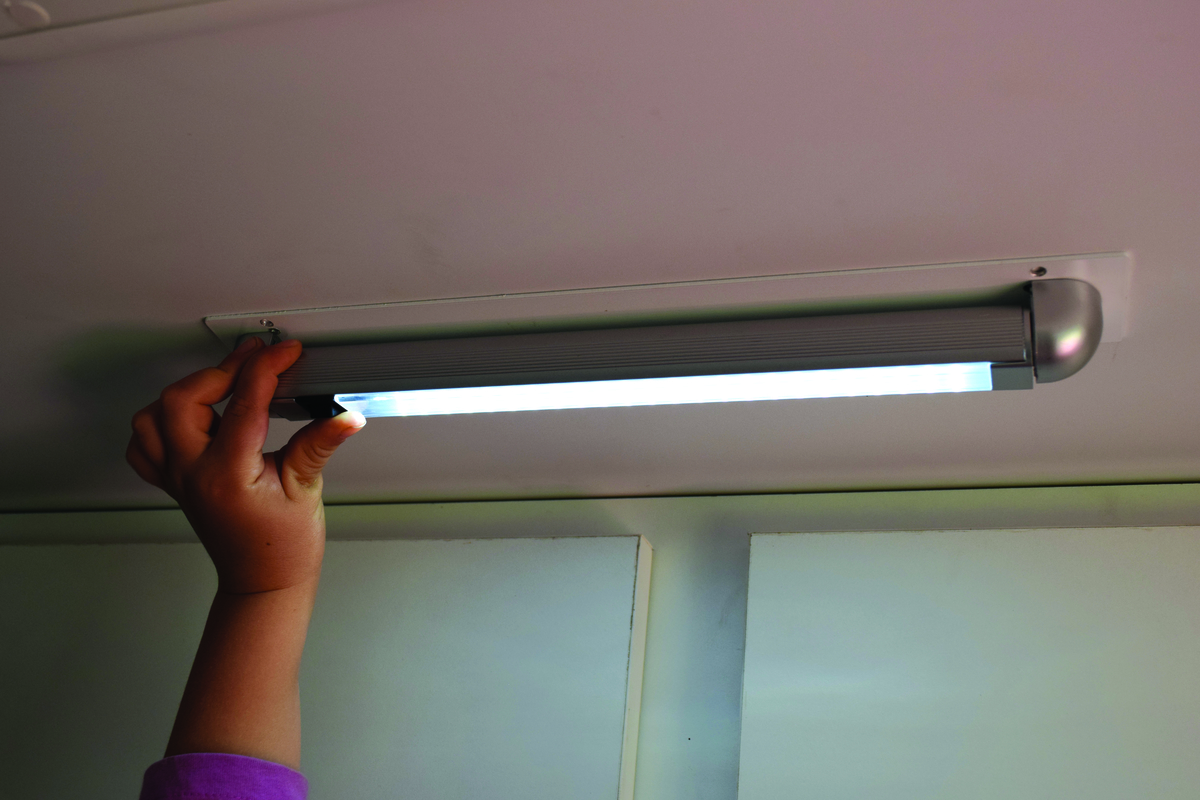
While LED lights and TVs are relatively low-draw, other items such as toasters, coffee machines, microwaves, hair dryers, air-conditioners and washing machines are extremely high-draw, consume a huge amount of electricity and unless you are exceptionally well equipped, these won’t be able to be used regularly on battery power alone. A good way to think of it is, any appliance with a heating element will typically be high-draw.
You might be wondering about fridges which do the inverse of heating by cooling which is also high-draw and you are right, they are typically high-draw but then most RV specific fridges are able to run on LP-Gas saving precious electrical power.
So now you have a grasp on how you travel and what power-hungry equipment you have or want, you need to learn about monitoring and measuring consumption. For this, you need a battery monitor.
HOW DOES A BATTERY MONITOR WORK? DO I NEED ONE?
The easy part, yes, you need one. If you are planning to run appliances without a monitor you will not be able to see the state of charge (how much power you have in reserve) and the draw (how much you are using) as an added benefit many monitors will also tell you the condition of your battery and if it needs to be replaced as well as integrate water gauges and other handy information.
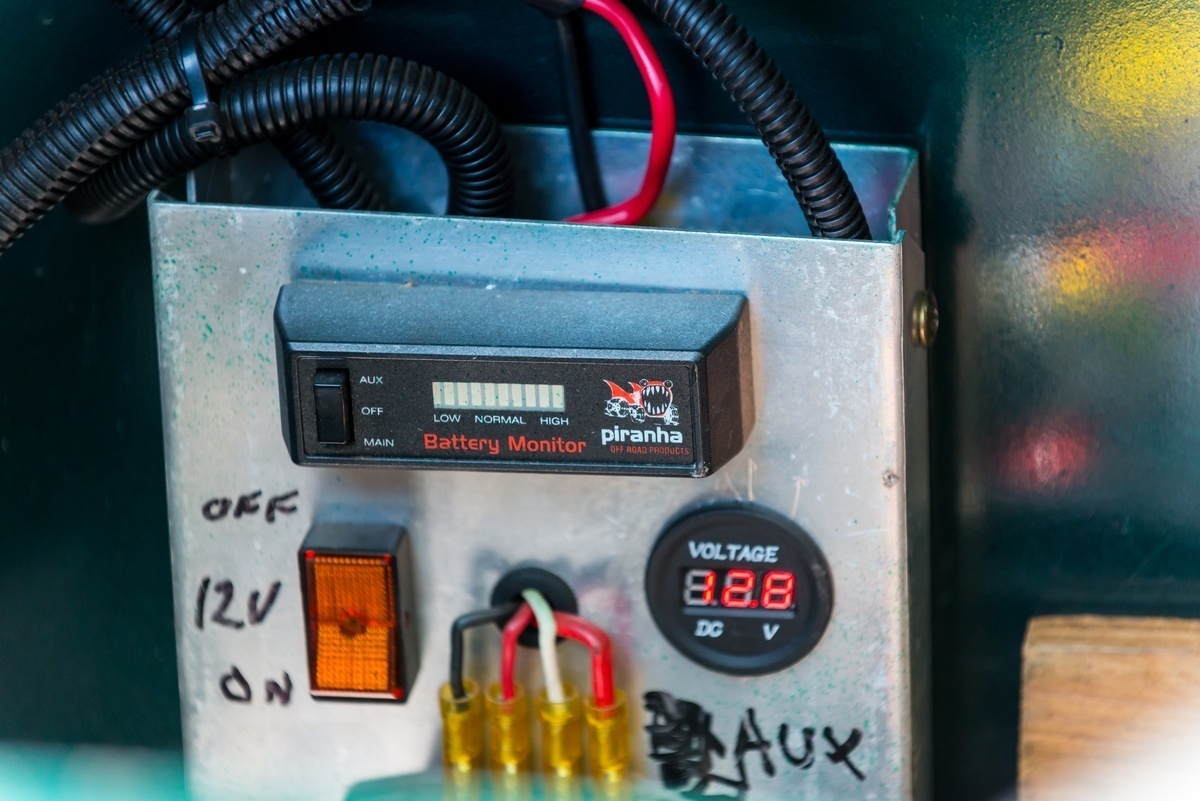
A good battery monitor will display your battery’s volts and amps, plus charge and discharge status. Although the most commonly cited unit in conversations about power is volts, they are just one indicator of battery power, much like measuring kilometres per hour in a car. This will tell you how fast you’re going, but not how long you’ll be able to maintain the speed or if you have enough power in the system to make it where you plan to go. You also need to know amps and amp-hours available in your battery plus lots of little details like temperature and battery discharge rates – see, you need a monitor to really know what’s going on.
Modern monitors count the energy put into the battery via your charging sources, the common ones being solar, an Anderson plug and 240v, and the energy being consumed. Through clever calculations of the volts and amps available, and being consumed, combined with time and temperature, they can give astoundingly accurate estimates of your battery’s capability.
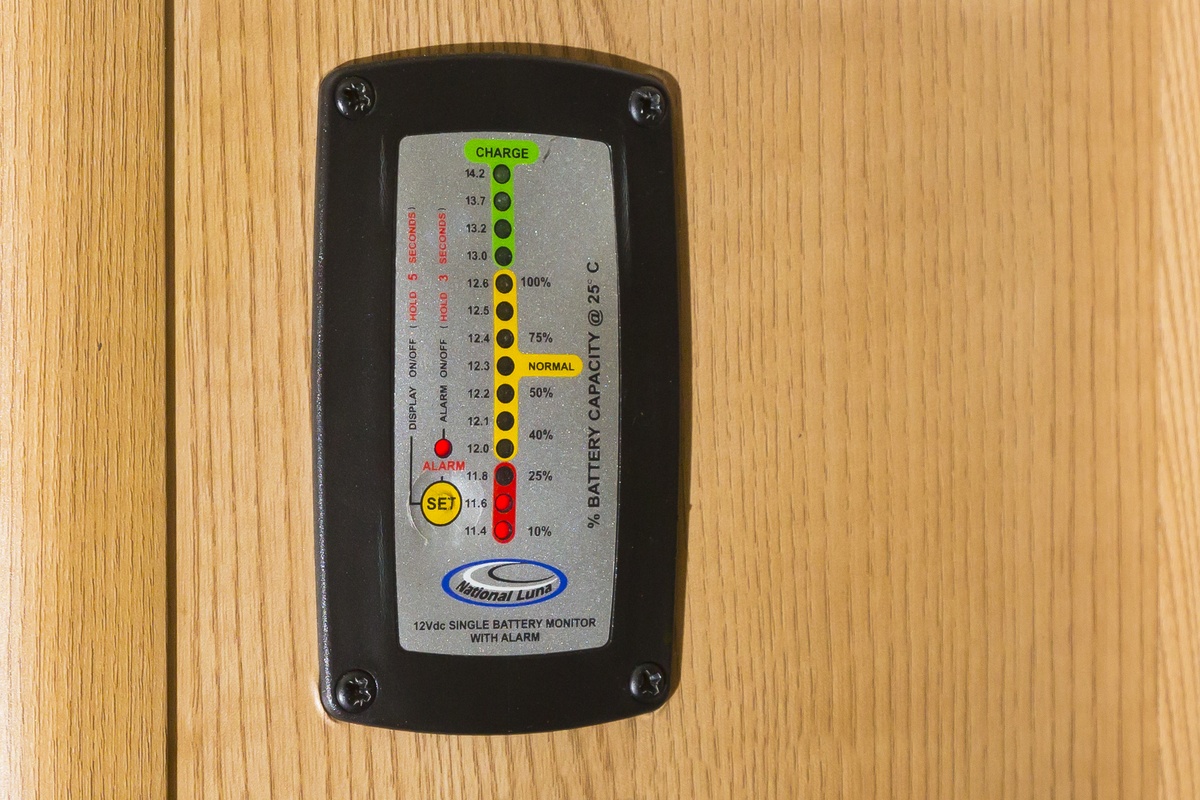
The calculations will display your battery capacity as an easy to understand percentage and typically also how much time is remaining at your current load. This is important as it gives you a chance to see how sort of load flicking the kettle on does (hint, a lot).
Now that you have figured out how you need a monitor, and what appliances do what, you should be able to get a handle on how many days your battery will last.
If you feel you need more power and you cannot find ways to save it, there is a good chance your monitor will accept additional batteries being added, one of the marvels of the technology. Check with the manufacturer of your monitor or a friendly automotive electrician if unsure.
MEET THE AUTHOR
Tim van Duyl
Coming from marine publishing Tim now oversees Caravan World and Trade-a-Boat for the Adventures Group as their Senior Editor. With experience garnered from travelling the breadth and width of his home country New Zealand in all manner of ways, his mission is to see all Australia has to offer. Having already sampled Cape York, Murray-Sunset National Park, Wilsons Promontory and the bulk of Victoria’s West, he has plans to add to the small parts of WA and NT already seen. When not on the road you can find Tim passing time at lakes around Australia or in the high country camping with his close friends and family with the Murrindindi a popular spot.

